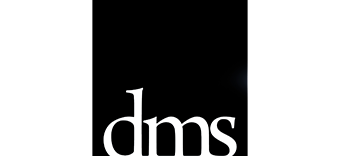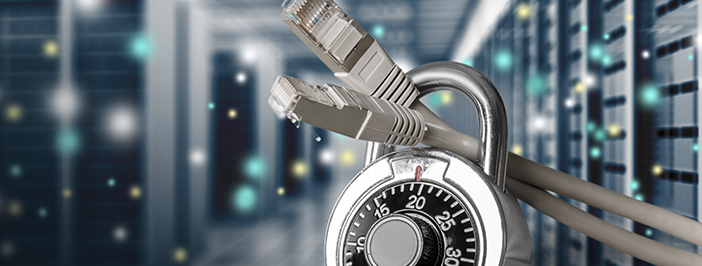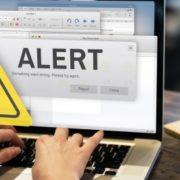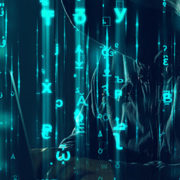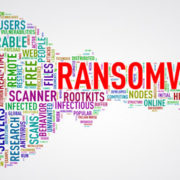Multifactor Authentication: That Extra Layer of Security Your Business Needs
Picture this. You’re a secret agent working for the CIA. You’re trying to access highly sensitive documents locked away deep in an underground vault. You arrive on location, an unsuspecting, shack out in the Mojave Desert. To enter, you need a key. You wrestle it out of the depths of your left pocket (along with some lint), and with a turn of the wrist, you’re in.
Now, where’s the vault’s entry? You look around, opening cabinets and doors. You’ve ripped the place apart, but when you check the closet — it’s locked. Under the rug, there’s a keypad. Great. You type in the passcode. Click. There it is, the vault’s entry. To gain access, you scan your…someone’s fingerprint. No problem. You’ve proven your identity and the vault door opens revealing a set of stairs. You’re so close, you can taste it.
After descending the stairs, there’s another authentication mechanism. This time, it’s a voice recognition test. “Open sesame,” you say (man, they should really get more creative). After a few seconds, the door slides away revealing a room full of highly classified documents. Success. You’re in and can get the information you need to complete your mission and stop a foreign government launching missiles on a defenseless, third-world country.
Multifactor Authentication
Great. That was a nice break from reality… But how does this concept relate to your business? Simple. Multifactor authentication (MFA) protects your business data just like these various passcodes and scanners protected the government’s sensitive documents. How? MFA is a form of access control that allows an end user to gain entry to their computer, an application, or database only after providing several forms of identification to an authentication mechanism. The information they provide will be personal to them: a password, fingerprint, text message, etc. This ensures that only the individuals you want to have access to your sensitive data will.
In the last 12 months, 75.6% of organizations encountered at least one successful cyber attack. That’s not surprising considering another report showed that only 25 different passwords were used in over half of 10 million compromised accounts, with 17% of these passwords being “123456.” If you don’t have a strong password or other authentication mechanisms protecting your data, cybercriminals are much more likely to gain access to your network.
While it may not be a secret agent or government organization trying to protect data that could possibly bring on World War III, your business does have sensitive information that it’s in its best interest to keep safe. Data breaches can lead to customer loss, reputation damage, downtime, compliance fines, and more. Experiencing any one of these consequences is frustrating and has the potential to bring down your business.
Good news is, you can avoid them by adopting multifactor authentication solutions in your daily business. A trusted managed service provider (MSP) can help your company determine the best MFA protocol to protect your sensitive information. If you have any questions or want to learn more about how your organization can successfully incorporate MFA into their network security strategy, reach out. At DMS, we want to help you protect your data.
